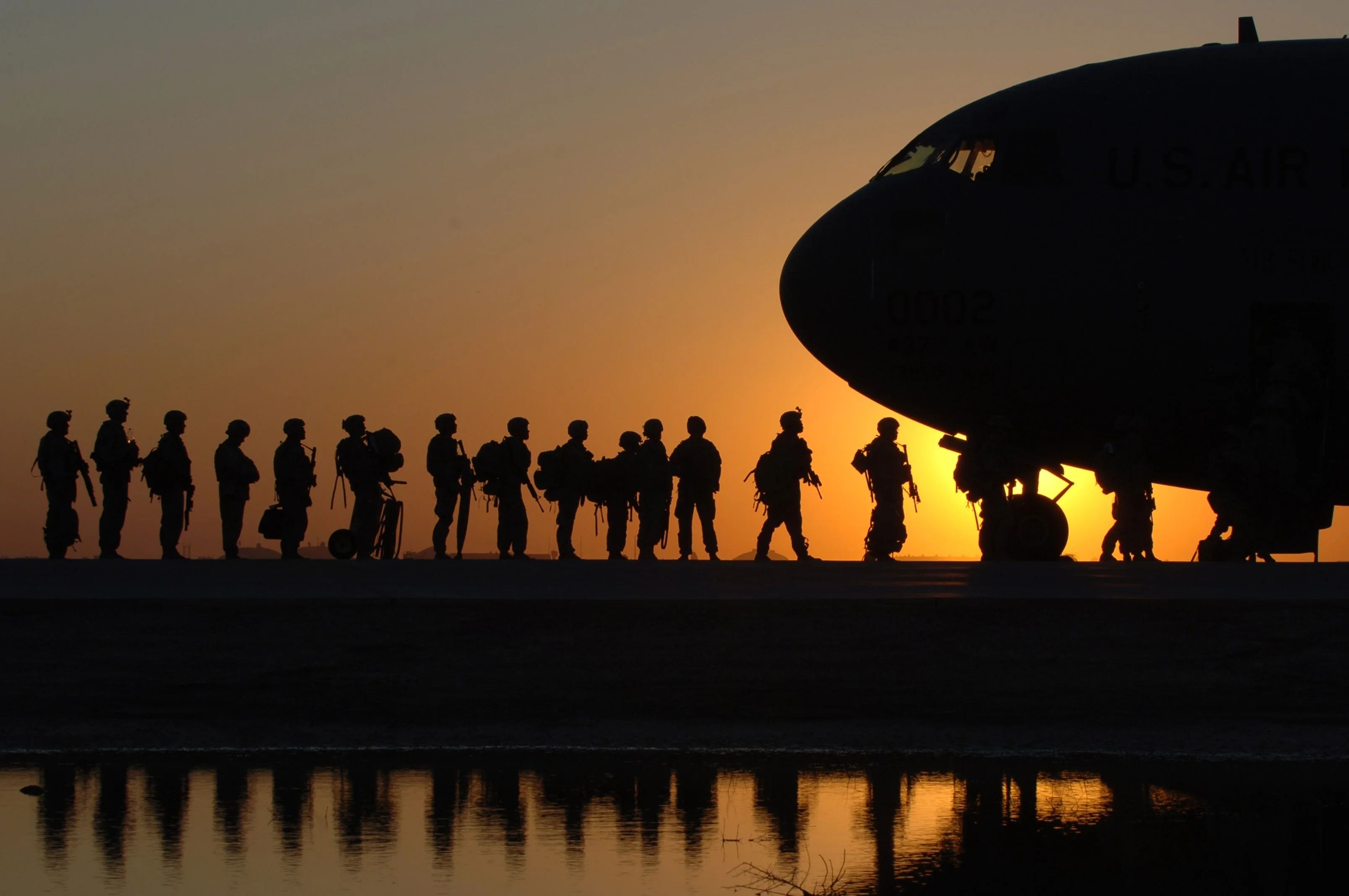The Korean War started in 1950 when North Korea attacked South Korea. North Korean tracks traversed the 38th parallel, the borderline with South Korea. The 38th parallel was an utterly subjective line, picked in Potsdam by second world War winners with no thought for the country’s topographical, monetary or political fundamental factors—however, it formed the borderline, regardless traversed. Under the United Nations, the United States went to help South Korea. On the other hand, China, assisted by the Soviet Union, went to help North Korea. The conflict emerged as a result of the separation of Korea toward the conclusion of World War II and due to worldwide pressures of the Cold War that proliferated later.
The suppression policy of the united states was foremostly militarized during The Korean War, while South Korea and the U.S. battled counter to socialist North Korea. Suppression was an effective Cold War strategy of the United States and its partners to forestall the spread of socialism overseas by the Soviet Union. Following this strategy, the U.S. endeavoured to restrain the Soviet impact on the Korean Peninsula by possessing the southern section of the zone. The North Korean intrusion into South Korea was an endeavour to unite the Korean countries under communism. The war concluded in 1953 with the signing of a peace treaty.
The Korean War transformed how Americans saw life throughout the 1950s through spearheading social development, economic impact, and enabling Americans to get ready for forthcoming contentions. Social developments formed part of the significant impacts of the Korean war. It was more competent to be educated than not to be by any means as schooling decided destiny for families. As a result of the conflict, Koreans built up an enthusiasm for schooling, which numerous Koreans show today.
The Korean War was the main thrust behind incorporation endeavours throughout the initial years of the civil rights movement. In 1948, President Harry Truman gave an authoritative directive bringing integration into the military service, an idea that his Commission had suggested on Civil Rights, yet it was the Korean War that genuinely assisted start the incorporation. Before the conflict’s conclusion, the highest incorporated and ethnically progressed sector in the united states was the military.
Work Cited
Cumings, Bruce. The Korean war: A history. Modern Library, 2010.
Halberstam, David. The coldest winter: America and the Korean War. Pan Macmillan, 2009.








